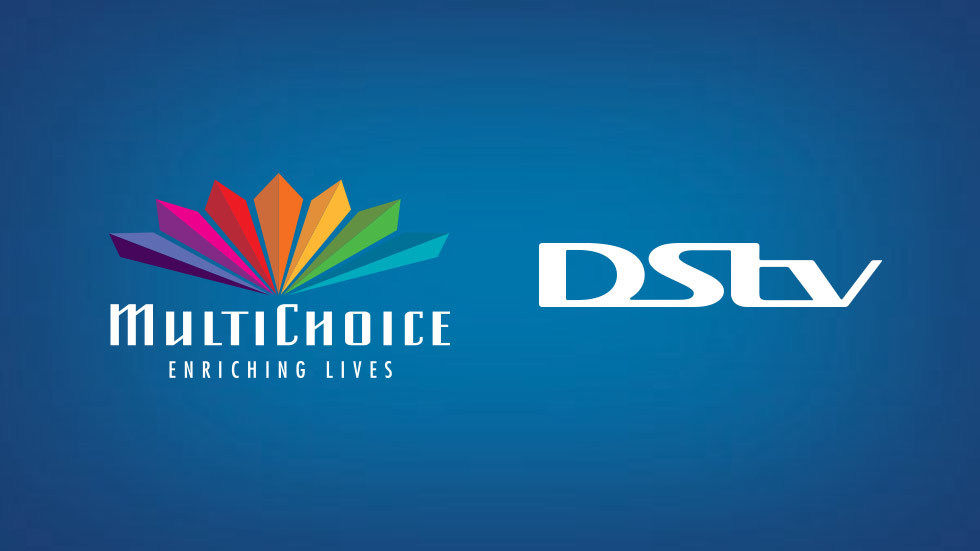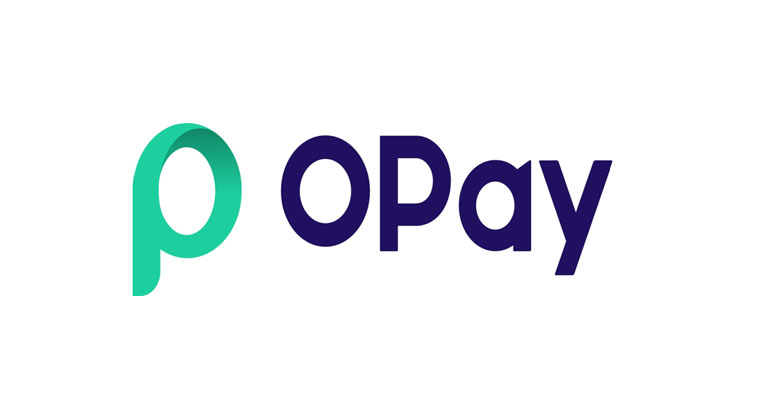- Telecoms Industry Still Unstable
Despite government’s interventions, the foreign exchange policy largely unsettled the telecoms industry in two years of the Muhammadu Buhari administration, writes Emma Okonji.
Before President Muhammadu Buhari was sworn in on May 29, 2015, the value of naira had started depreciating gradually, but the situation worsened in the last two years of his administration, which caused instability in the telecoms industry.
In order to cushion the adverse effect of the high exchange rate of dollar to the naira and scarcity of the greenback on the Nigerian economy as well as stem the continued depreciation of the naira, the Central Bank of Nigeria (CBN) recently came up with some palliative measures like the introduction of new forex policy that granted some key sectors of the economy easy access to foreign exchange at reduced rate.
The telecoms sector was excluded from the priority list of the sectors that benefitted from the new forex measures, despite that the sector depended so much on foreign currencies for its operations. The situation boxed telecoms operators into a tight corner.
.
Worried about the situation, the Chairman, Association of Licensed Telecoms Operators of Nigeria (ALTON), Mr. Gbenga Adebayo said the decision of the federal government to exclude the telecoms sector from the priority list, affected the purchasing power of telecoms operators, who could not order telecoms equipment for network expansion.
According to him, international traffic exchange, equipment procurement, systems upgrade, and network maintenance, all depended largely on foreign exchange, since every telecoms equipment is imported into the country. He said government must begin to see the telecoms industry as a critical sector that needs government attention, rather than see it as a consolidated sector that does not need government support.
Reacting to the issue of forex scarcity, the Executive Vice Chairman of the Nigerian Communications Commission (NCC), Prof. Umar Garba Danbatta, admitted that the inability of telecoms operators to access forex adversely affected telecoms growth in the last two years. He, however, said the NCC intervened and secured a priority forex window for telecoms operators, which has never happened before. “The NCC had to step in and engaged directly with the financial regulator, CBN, and an agreement was reached for a priority window for telecoms operators, to enable them have access to foreign currencies in the midst of scarcity. So far, a couple of operators have been able to enjoy that priority window, and NCC will continue to push for more availability of forex for telecoms operators”, Danbatta said.
Broadband plan
The five-year broadband plan that was supposed to drive activities of the Information and Communications Technology (ICT) sector from 2013 to 2018, and make available, ubiquitous broadband for easy access, has not yielded the desired results in the last two years of Buhari’s administration. Although Shittu had said that the broadband plan would be reviewed so as to address its challenges, especially meeting the 30per cent broadband penetration target by 2018, the Chief Executive Officer of Pinet Informatics, Mr. Lanre Ajayi, blamed the inability of the broadband plan to meet target on lack of implementation of key factors that would have led to ubiquitous broadband access for Nigeria.
According to him, the broadband plan had good content but its implementation was poor. He said even at that, the present government has not commenced the process of reviewing the plan, few weeks to the end of the lifespan of the current broadband plan
The Chief Executive Officer of VDT Communications, Mr. Biodun Omoniyi, decried paucity of broadband in the cities, which he said, had led to high cost of broadband services rendered by telecommunications operators in the country, even though the country has excess broadband capacities at its shores.
He said the excess capacities were provided through the landing of broadband submarine cables at the shores of the country from Europe by MainOne, Glo 1, MTN WACS, and SAT-3.
Omoniyi, who blamed the low broadband capacity in the hinterlands on lack of coordinated efforts by the telecommunications operators to build a national backbone of broadband capacity from the shores to the hinterlands, called on the operators to form a synergy that would enhance the trunk capacities of broadband connectivity to cities outside the shores of the county.
According to him, once this is achieved, it would not only reduce cost of broadband services in the country, but would also boost broadband connectivity.
Licensing of InfraCos
The licensing of Infrastructure Companies (InfraCos) by the NCC has been slow in the last two years of Buhari’s administration.
Although the NCC had licensed two InfraCos for the Lagos and North central zones, ICT stakeholders have continued to express worries over the continued delay in the licensing of additional InfraCos, as promised by the NCC. They are of the view that licensed InfraCos were supposed to provide the backbone with which telecoms operators were supposed to ride on in offering broadband services across the country. They, therefore, wondered why the NCC was yet to license additional InfraCos.
Ajayi said the delay is affecting quick rollout of broadband services across the country, since rollout of broadband services largely depends on broadband infrastructure, which InfraCos were supposed to provide. He called on NCC to expedite action in the licensing of additional InfraCos, owing to its importance in broadband development and penetration.
President of the Association of Telecoms Companies of Nigeria (ATCON), Mr. Olusola Teniola, said for Nigeria to realise the National Backbone Network (NBN), the Open Access Model that was introduced by the NCC in deepening broadband penetration in the country, needed to be fully implemented.
Teniola however expressed concerned that both MainOne and IHS that were offered InfraCo licence since 2015, are yet to provide the much expected broadband infrastructure in Lagos metropolis and the North central.
NCC had in January 2015, awarded a consortium led by MainOne, InfraCo Nigeria Limited a licences as the fiber infrastructure provider for Lagos, Nigeria’s commercial capital, as well as IHS to cover North-central. The InfraCo licence covers the deployment of metropolitan fibre-optic infrastructures within Lagos and North-central on an open access, non-discriminatory and price-regulated basis.
Service quality
Service quality in the telecoms industry has not been stable in the last two years, even though there had been slight improvement. The President of the National Association of Telecoms Subscribers NATCOMS, Chief Deolu Ogunbanjo, said the telecoms industry is contending with several challenges that are affecting the service quality across networks. He called on the NCC to organise a stakeholders’ consultative forum, where the issue would be addressed.
But Danbatta insisted that service quality has improved slightly even though there is still a gap between the standard set by NCC and what the operators are offering currently, with regards to key performance indicators (KPIs), as set by the NCC.
In the last quarter of 2016, the service quality improved slightly, but we are not near the stipulated standard set out by the NCC, Danbatta said.
He also said in the next few weeks, NCC would be publishing the performances of operators for the first quarter of the year, in terms of service quality and the subscribers would see the performances of their service providers.
Technology startups and small businesses
Technology startups in the ICT industry are faced with the challenge of seed funding in financing their solutions, and in the last two years, majority of them were unable to get investors who believe in their solutions, a situation that has been blamed on policy inconsistencies of the previous and present governments. Most of the technology startups, who are small business entrepreneurs, have good software solutions that could manage organisations’ operations, but organisations are yet to trust such solutions and prefer foreign based solutions at the detriment of local software developers.
Achievements
Despite poor policy implementation that bedevilled the telecoms sector in the last two years, some industry stakeholders are however of the view that some remarkable achievements have been recorded in the last two years.
Adebayo stated that the telecoms industry recorded stable regulatory environment under the NCC in the last two years. He said the NCC was able to sanitise and stabilise the telecoms sectors, through some policies implementation and monitoring, which he said, brought about a relatively steady growth of activities in the sector.
Ajayi also commended the federal government for its intervention on the N1.04 trillion fine imposed on MTN by the NCC, following MTN’s refusal to deactivate 5.2 million unregistered and inactive lines on its network, despite repeated warnings. NCC had fined MTN N1.04 trillion for flouting its orders to deactivate unregistered SIM cards on its network, which NCC said, constituted national security risk. It took the intervention of the Buhari’s government to save MTN from total collapse as it reduced the fine from N1.04 trillion to N330 billion and MTN had since commenced staggered payment of the fine. He said the timely intervention of the government not only saved MTN from total collapse but also saved the jobs of many Nigerians who work directly and indirectly with MTN Nigeria.
Ajayi equally commended the federal government for listening to the nationwide cry of Nigerians, who spoke against the planned introduction of telecoms service tax bill that seeks to hike telecoms tax. He said the idea could have affected telecoms operations and the subscribers who would have been subjected to pay more for telecoms services rendered by the operators.
Ajayi added the timely intervention of NCC in the matter affecting Etisalat and its 13 local bank creditors, was another feat recorded by the federal government, through the NCC.
Etisalat had in 2013, approached 13 local banks for a loan of $1.2 billion for network upgrade and expansion, and the money was sourced in both dollar and naira denominations. Few years after the loan was sourced, Etisalat could not continue with its repayment, blaming the high exchange rate and scarcity of dollar in the last two years.
The banks, however, threatened to take over the telecoms company before the NCC’s intervention.
In refinancing the loan, Etisalat was meant to pay certain percentage of the loan with interest on a quarterly basis, and it was meeting up with that obligation until it started defaulting, due to devaluation of naira, dollar scarcity, and the economic recession.
Ajayi commended the NCC’s intervention in the matter to save Etisalat from total collapse.
Though the past two years of Buhari’s administration was a mixture of pains and gains for the telecoms industry, but the pains far outweighed the gains.


 Forex4 weeks ago
Forex4 weeks ago
 Naira3 weeks ago
Naira3 weeks ago
 Billionaire Watch3 weeks ago
Billionaire Watch3 weeks ago



 Naira4 weeks ago
Naira4 weeks ago






 Naira3 weeks ago
Naira3 weeks ago


 Naira2 weeks ago
Naira2 weeks ago






 Naira2 weeks ago
Naira2 weeks ago
 Commodities4 weeks ago
Commodities4 weeks ago





















